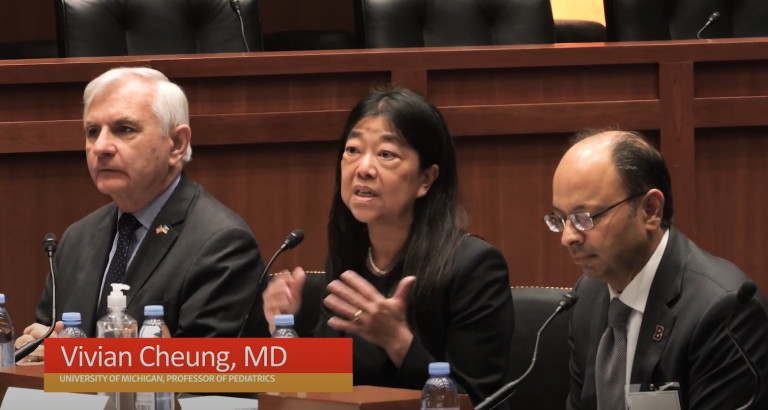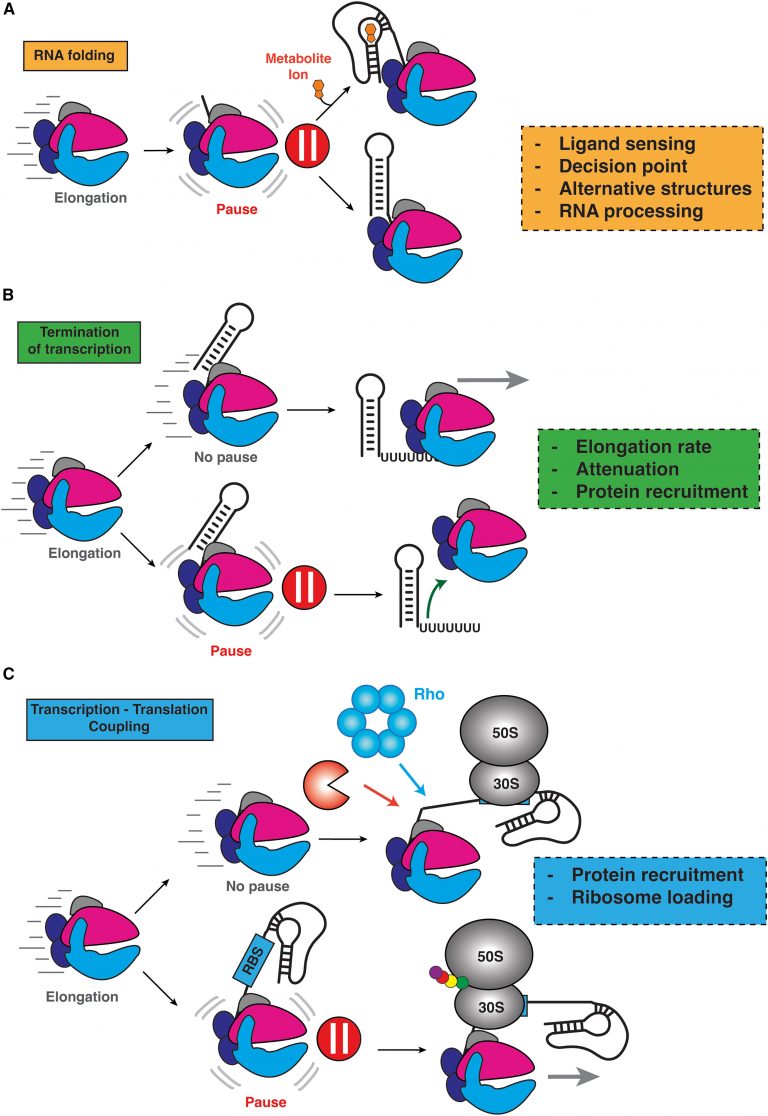Repurposing Prostate Cancer Drug for COVID-19
 In our September 2020 issue of RNA Translated, 2020 the year of the RNA virus, we presented how University of Michigan (U-M) Center for RNA Biomedicine’s scientists pivoted their research to address the COVID-19 pandemic. One of them is Dr. Chinnaiyan and his team of prostate cancer researchers who focused on two proteins that are involved in giving access to the virus into a host cell. The production of these two proteins is regulated by male hormones. With J. Sexton from the U-M Center for Drug Repurposing, the collaborators looked at repurposing well-known drugs used in prostate cancer to block a receptor for male hormone, and prevent the coronavirus from entering a host cell.
In our September 2020 issue of RNA Translated, 2020 the year of the RNA virus, we presented how University of Michigan (U-M) Center for RNA Biomedicine’s scientists pivoted their research to address the COVID-19 pandemic. One of them is Dr. Chinnaiyan and his team of prostate cancer researchers who focused on two proteins that are involved in giving access to the virus into a host cell. The production of these two proteins is regulated by male hormones. With J. Sexton from the U-M Center for Drug Repurposing, the collaborators looked at repurposing well-known drugs used in prostate cancer to block a receptor for male hormone, and prevent the coronavirus from entering a host cell.
“We hope that these findings may partly explain why males have higher hospitalization and mortality rates than females, and also suggest that transcriptional inhibition of key host factors may have potential in preventing or treating COVID-19. A number of clinical trials in COVID-19 patients have been initiated with drugs that were previously used to treat prostate cancer,” says Dr. Chinnaiyan.
The results from the current study are published in the January 5, 2021, Proceedings of the National Academy of Sciences.
Referenced article:
Targeting transcriptional regulation of SARS-CoV-2 entry factors ACE2 and TMPRSS2
Yuanyuan Qiao, Xiao-Ming Wang, Rahul Mannan, Sethuramasundaram Pitchiaya, Yuping Zhang, Jesse W. Wotring, Lanbo Xiao, Dan R. Robinson, Yi-Mi Wu, Jean Ching-Yi Tien, Xuhong Cao, Stephanie A. Simko, Ingrid J. Apel, Pushpinder Bawa, Steven Kregel, Sathiya P. Narayanan, Gregory Raskind, Stephanie J. Ellison, Abhijit Parolia, Sylvia Zelenka-Wang, Lisa McMurry, Fengyun Su, Rui Wang, Yunhui Cheng, Andrew D. Delekta, Zejie Mei, Carla D. Pretto, Shaomeng Wang, Rohit Mehra, Jonathan Z. Sexton, and Arul M. Chinnaiyan, PNAS January 5, 2021 118 (1) e2021450118; first published December 11, 2020; https://doi.org/10.1073/pnas.2021450118


